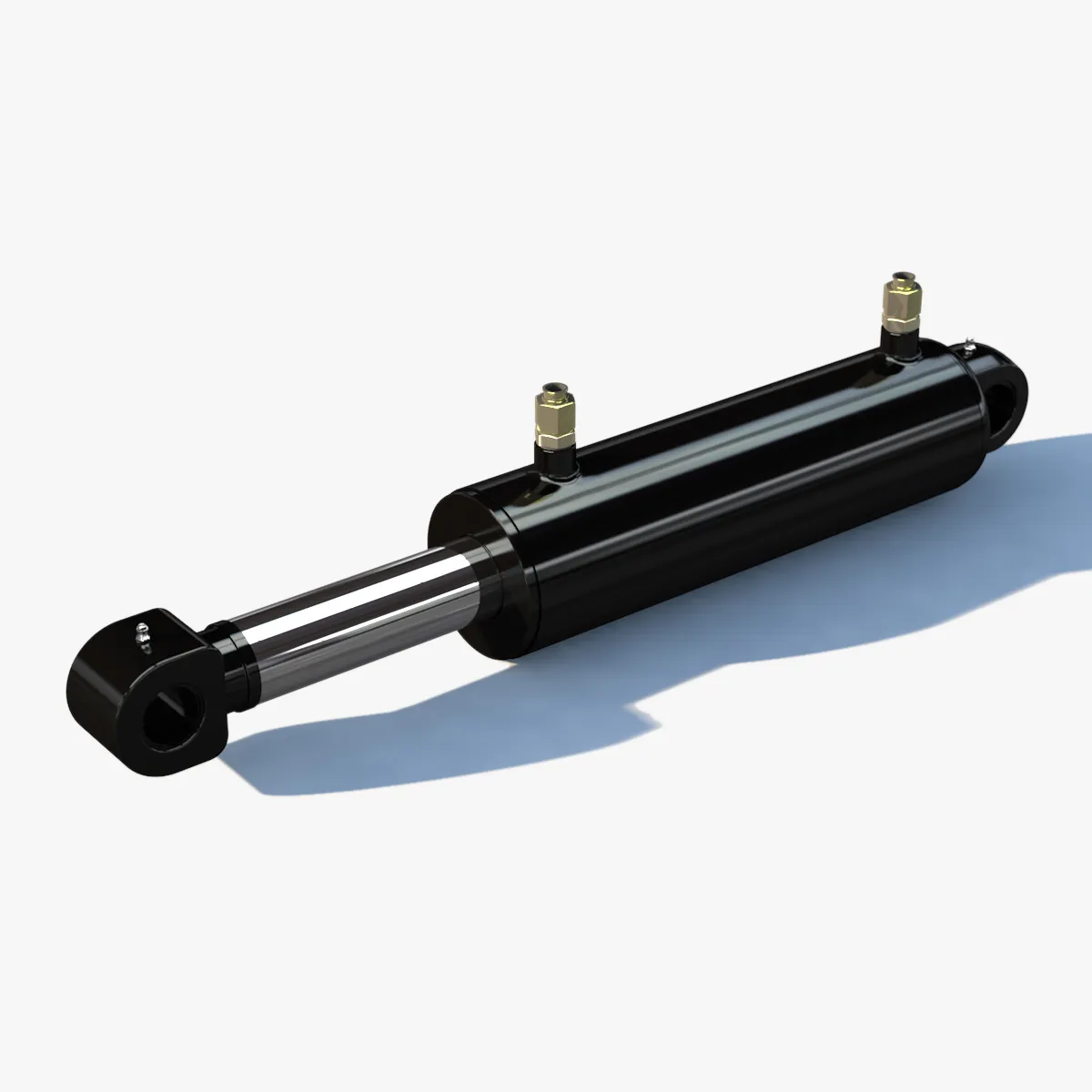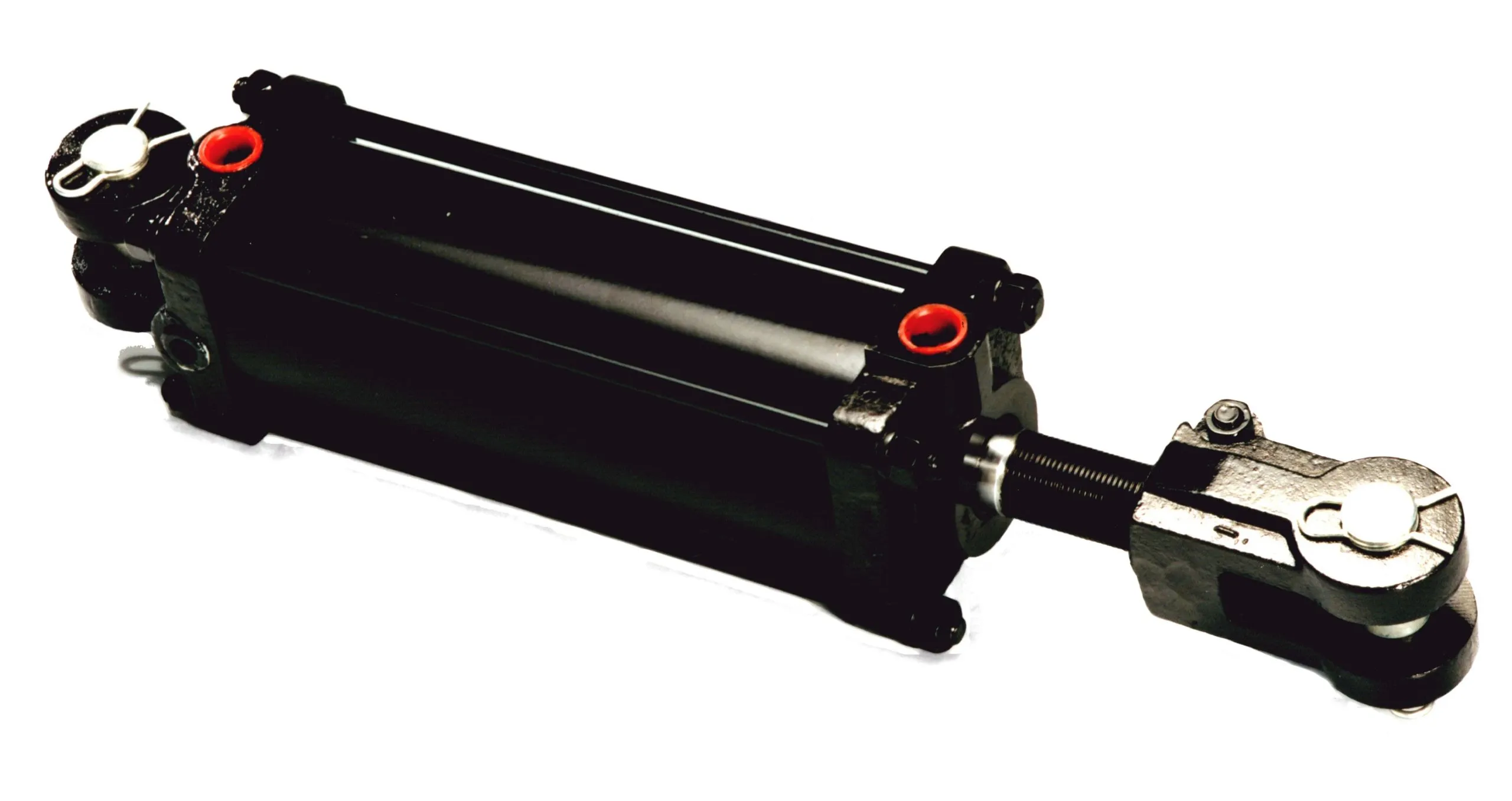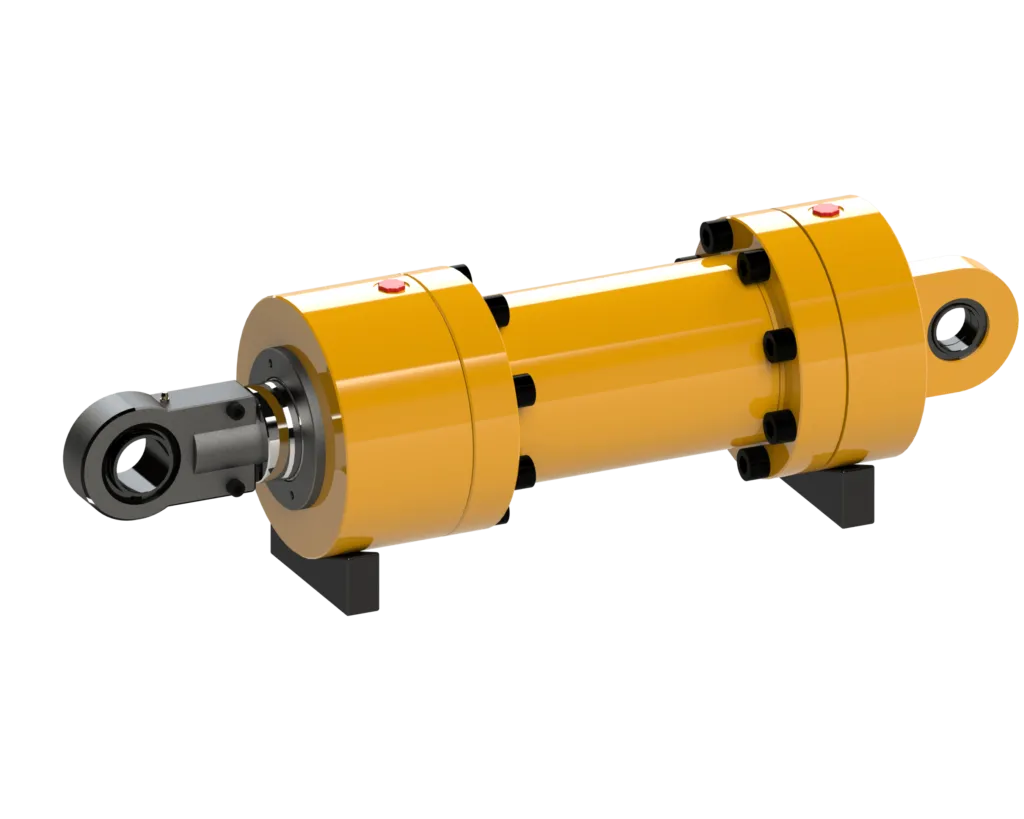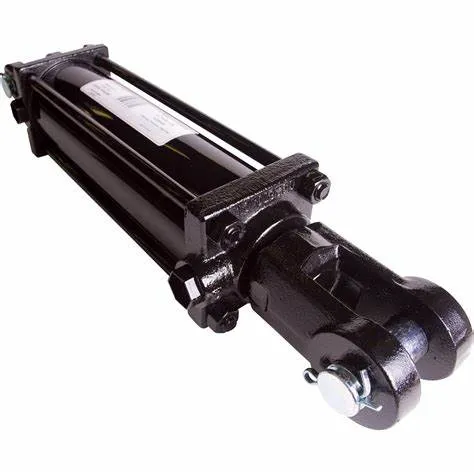Double Rod Single Acting Hydraulic Cylinder Fluid Analysis: Understanding Performance and Applications
Introduction to Double Rod Single Acting Hydraulic Cylinders
Double rod single acting hydraulic cylinders are essential components in various industrial applications. These cylinders function by converting hydraulic energy into mechanical work, allowing for precise control of motion. Unlike traditional single-rod cylinders, double rod configurations enable movement in both directions, making them ideal for tasks requiring balanced force and motion management.
Understanding Hydraulic Fluid and Its Importance
Hydraulic fluid plays a critical role in the performance of hydraulic systems. It serves several functions, including:
1. Energy Transfer: Hydraulic fluid transmits power from the pump to the cylinder.
2. Lubrication: It reduces friction between moving parts, enhancing efficiency and lifespan.
3. Cooling: Fluid helps dissipate heat generated during operation, preventing overheating.
4. Corrosion Protection: Quality hydraulic fluids contain additives that protect internal components from corrosion.
The properties of hydraulic fluid, such as viscosity, density, and thermal stability, directly impact the performance of double rod single acting hydraulic cylinders.

Types of Hydraulic Fluids

There are several types of hydraulic fluids used in double rod single acting hydraulic cylinders, each with unique properties:
1. Mineral Oil-Based Fluids: The most common type, offering good lubrication and heat dissipation.
2. Water-Based Fluids: These include water-glycol emulsions, which provide excellent fire resistance but may have lower lubricating properties.
3. Biodegradable Fluids: Made from vegetable oils or synthetic esters, these fluids are environmentally friendly and suitable for applications with ecological concerns.
4. Synthetic Fluids: These fluids are engineered for specific applications, offering superior performance in extreme temperatures or pressures.
Choosing the right hydraulic fluid is crucial for optimizing the performance of double rod single acting hydraulic cylinders.
Fluid Analysis: Why It Matters
Regular fluid analysis is essential for maintaining the performance and longevity of hydraulic systems. This process involves testing hydraulic fluid to assess its condition, identify contaminants, and determine whether it meets operational specifications. The benefits of fluid analysis include:
1. Preventing Equipment Failure: Early detection of wear particles can indicate potential failures, allowing for timely maintenance.
2. Optimizing Performance: Analyzing fluid can help identify the best fluid for specific applications, enhancing efficiency.
3. Cost Savings: Maintaining fluid quality can extend the life of hydraulic components, reducing repair and replacement costs.
Key Parameters in Fluid Analysis
Several key parameters are analyzed during fluid testing. These include:
1. Viscosity: The thickness of the fluid, which affects flow rates and pump efficiency.
2. Water Content: Excess water can lead to corrosion and reduced lubrication.
3. Particle Count: The number of solid particles in the fluid, indicating wear and contamination levels.
4. Acidity (pH): High acidity can lead to corrosion of hydraulic components.
5. Additive Levels: Ensures that the necessary additives for protection and performance are present.
Regular monitoring of these parameters ensures that the hydraulic fluid remains within optimal ranges, contributing to the overall health of the hydraulic system.
Common Contaminants in Hydraulic Fluids
Contaminants can significantly affect hydraulic fluid quality and, consequently, the performance of double rod single acting hydraulic cylinders. Common contaminants include:
1. Dirt and Dust: These particles can enter the system through various points, leading to wear and damage.
2. Water: As mentioned, water can cause corrosion and reduce lubrication effectiveness.
3. Microbial Growth: In water-containing fluids, bacteria and fungi can thrive, producing sludge and further contaminating the fluid.
4. Metal Particles: These can originate from wear and tear of components, indicating the need for maintenance.

Implementing effective filtration and regular fluid analysis can help manage these contaminants.
Best Practices for Hydraulic Fluid Maintenance
To ensure the longevity and performance of double rod single acting hydraulic cylinders, following best practices for hydraulic fluid maintenance is crucial:
1. Regular Testing: Conduct fluid analysis at scheduled intervals to monitor fluid condition.
2. Proper Filtration: Use appropriate filters to remove contaminants from the fluid.

3. Fluid Replacement: Change the hydraulic fluid according to manufacturer recommendations or when analysis indicates deterioration.
4. System Inspection: Regularly inspect the hydraulic system for leaks, wear, and other issues.
By adhering to these practices, operators can enhance the reliability and efficiency of their hydraulic systems.
Conclusion: The Importance of Fluid Analysis in Hydraulic Systems
Double rod single acting hydraulic cylinders rely heavily on the quality of hydraulic fluid for optimal performance. Regular fluid analysis plays a vital role in maintaining fluid integrity, enhancing system efficiency, and preventing costly equipment failures. By understanding the properties of hydraulic fluids, recognizing the importance of fluid analysis, and implementing best practices, operators can significantly improve the reliability and efficiency of their hydraulic systems.
For those seeking high-quality hydraulic components and solutions, EVER-POWER offers a range of products designed to meet your needs. With a commitment to excellence and performance, EVER-POWER is your trusted partner in hydraulic solutions.
